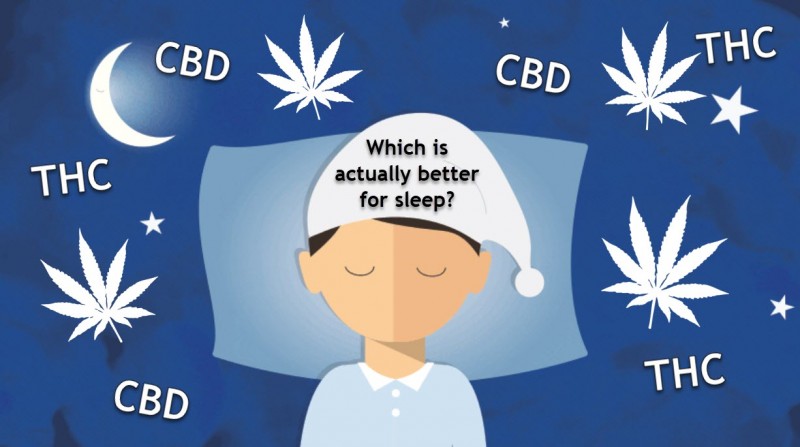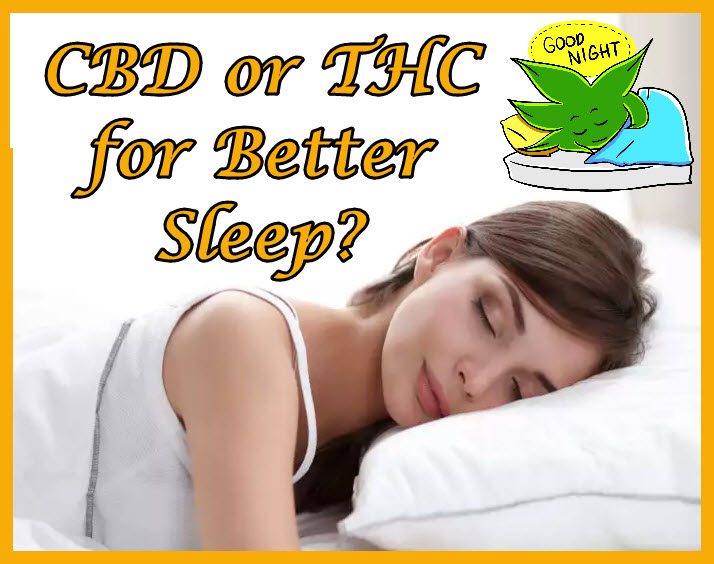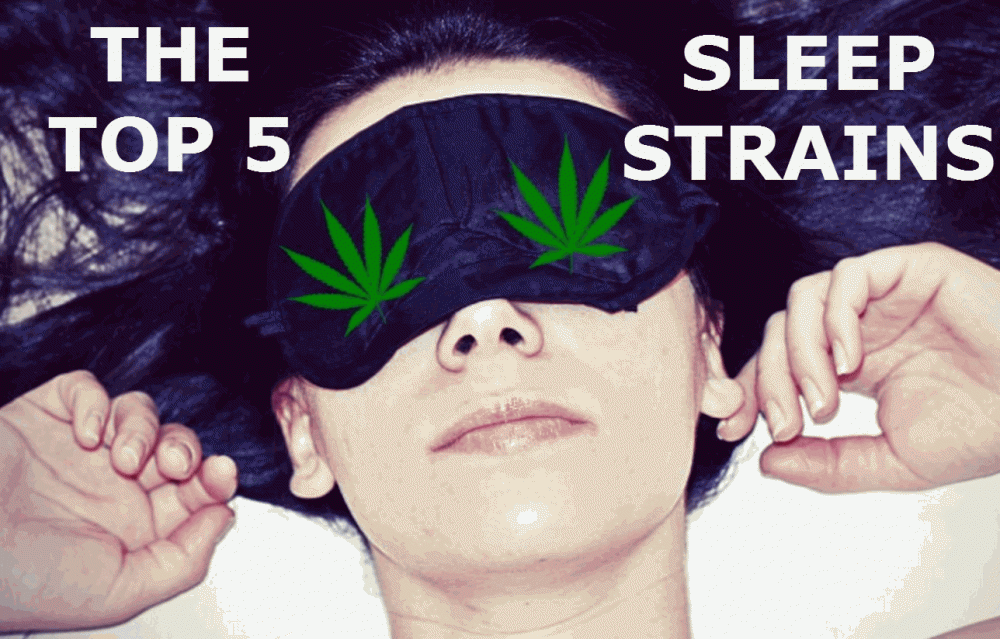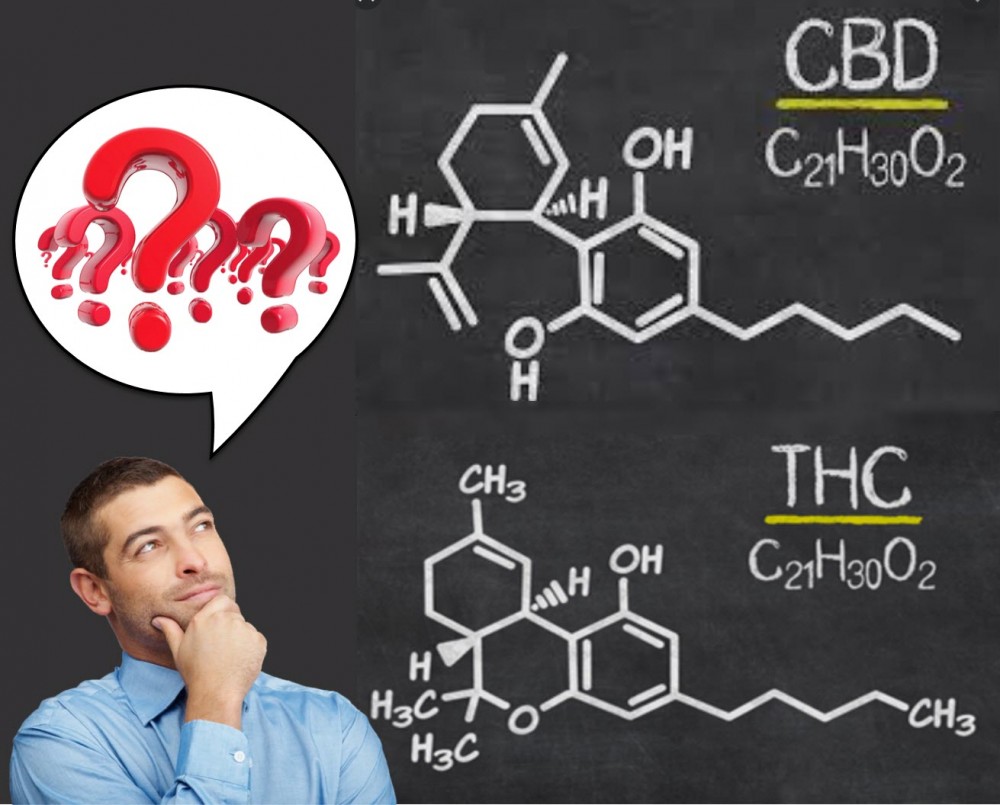THC or CBD For Sleep Issues?
CBD or THC is Best for Sleeping and as a Sleep Aid? from CannabisNet on Vimeo.
With around 70 million Americans suffering from insomnia and another 43 million with obstructive sleep apnea (OSA), it’s no secret that sleep issues are plaguing society today. Lack of proper sleep can lead to serious health problems later on, such as heart attacks, heart failure, high blood pressure, and stroke.
A new study from Marketdata revealed that the sleep market in the United States was worth $28.6 billion in 2017 alone, and these figures are estimated to increase 3.3% by the end of this year. People who suffer from sleep problems are desperate to get help, and Big Pharma is capitalizing on this. The report states that the over the counter sleeping pills market is valued at $576 million, and this segment is growing rather quickly. Meanwhile, prescription sleeping drugs such as Ambien, Lunesta, and Belsomra are declining in use as more people are seeking out cheaper alternatives.
Both prescription and non-prescription sleeping pills may work for some, but these pills may have long-term complications and side effects.
Cannabis is an excellent all-natural sleep aid. But when it comes to finding the right form of cannabis for sleep, do we choose the psychoactive tetrahydrocannabinol (THC) or the non-psychoactive and calming cannabidiol (CBD)?
Indica vs. Sativa
If you ask anyone about using cannabis for sleep, without blinking an eye they’ll quickly tout the benefits of indica strains for getting some good-quality shut eye as opposed to energizing sativas. But how much truth is there to that?
“People are more likely to buy indicas to help them sleep,” says psychologist and cannabis researcher Marcel Bonn-Miller. “But that doesn’t necessarily mean indicas are better than sativas for sleep; there is no indication there is any difference in effect between the two strains.” Bonn-Miller, as well as other scientists believe that the differences that we know today about sativas and indicas could be misleading at best. This is because two indica strains could both contain a vast difference in cannabinoid compounds which would both affect sleep differently. This is because two indica strains, when placed side by side, may have varying chemical profiles.
Additionally, a new study conducted by University of British Columbia researchers revealed that there isn’t much of a difference among cannabis strains today. We may be buying cannabis based on reviews and their supposed effects, but when they looked deeper into the plant chemistry, cannabis strains aren’t really all that different from one another like we thought so in the past.
Which means that if you want to use cannabis for sleep, a better way to find a fitting product would be to experiment with high-THC or high CBD strains, as well as various forms of administration.
THC vs. CBD
It’s important to understand that both CBD and THC have pronounced but different effects on sleep. Both certainly do work effectively in inducing sleep, but they work differently.
THC is known for its powerful sedative properties. It interacts with receptors found in the brain which affect the sleep and wake cycle, so using THC-rich cannabis products will quickly make you feel drowsy and sleepy. Additionally, THC may knock you out faster and reduce REM sleep, the sleep stage where we dream. This is beneficial for people suffering from PTSD, anxiety, or who tend to have nightmares that make it difficult to get good rest.
On the other hand, CBD is known for its analgesic and sedative properties especially for people who have anxiety and depression. CBD-rich products may be best-suited for individuals who have a hard time falling asleep because of these pre-existing conditions since it helps alleviate the symptoms that lead to insomnia in the first place. Additionally, using CBD regularly can also help stabilize your sleep patterns.
Perhaps another thing to consider is how you feel the next day. Due to THC’s strong sedative properties, many users feel drowsy the next day; an effect that is less noticeable when one takes CBD. “CBD modulates waking via activation of neurons in they hypothalamus and DRD. Both regions are apparently involved in the generation of alertness,” says a report. In short, CBD can make you more alert and in doing so, it doesn’t prevent you from getting good sleep but it only inhibits severe somnolence. This makes CBD a good choice for individuals with sleep problems who want to transition to a sleeping schedule that’s much healthier.
Advise For Using Cannabis For Sleep
If you’re interested to try cannabis to help you sleep better, the best advise we can give you is to be wary of testimonials. The smartest approach to this would be to experiment patiently and methodically with various strains and products until you find something that works specifically for you. Always start with a low dosage then gradually increase it. If you have severe sleep issues, it’s always best to consult with a doctor who understands your medical needs too.
CBD or THC is Best for Sleeping and as a Sleep Aid? from CannabisNet on Vimeo.
OTHER STORIES YOU MAY ENJOY..
CBD OR THC AS THE SLEEP AID OF CHOICE, CLICK HERE.
OR..
CANNABIS SLEEP STRAINS FOR A GOOD NIGHT SLEEP, CLICK HERE.








